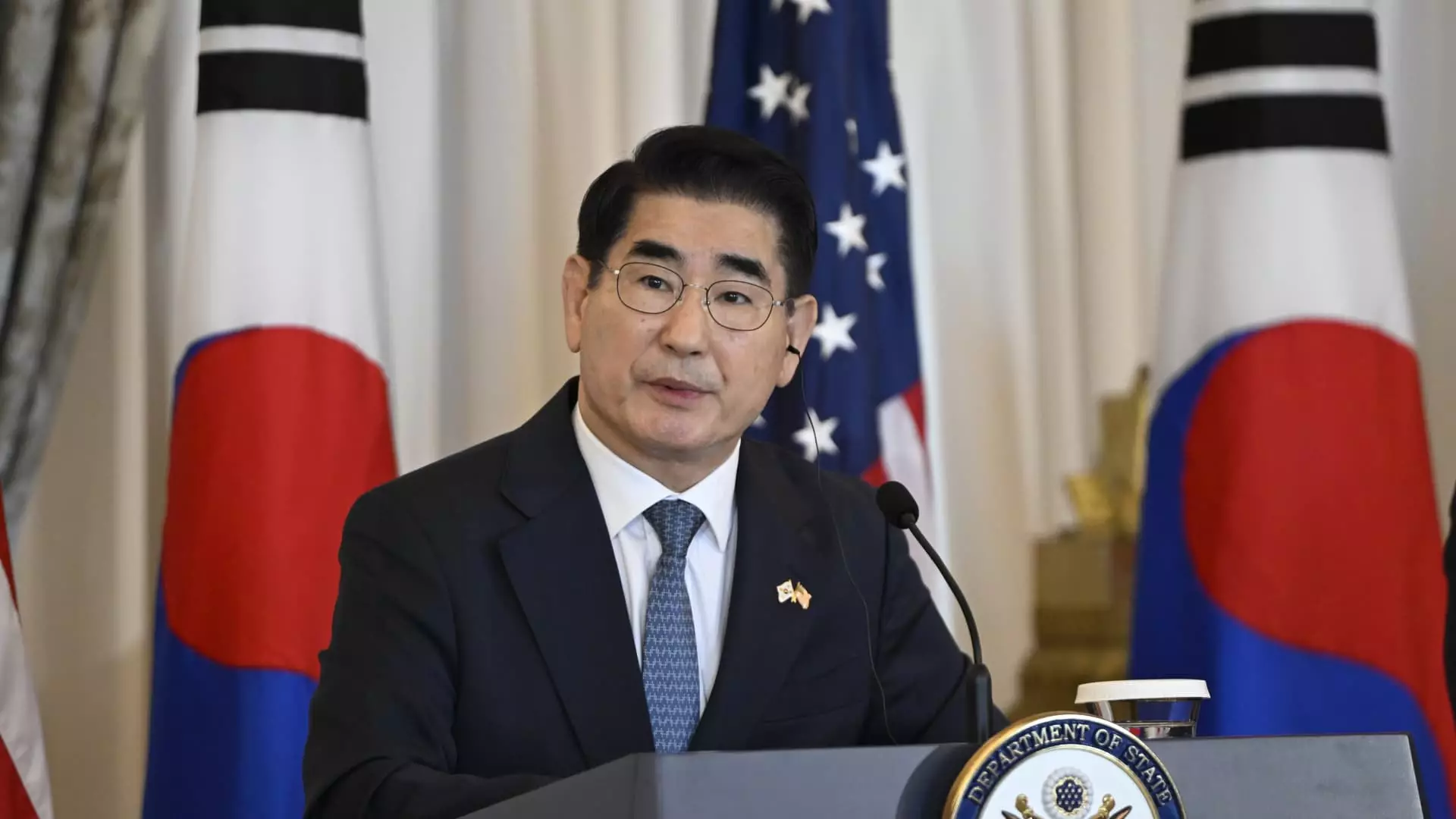In a dramatic turn of events, South Korean President Yoon Suk Yeol has accepted the resignation of Defense Minister Kim Yong-hyun, appointing Choi Byung-hyuk, the country’s ambassador to Saudi Arabia, as his successor. This move comes amid a backdrop of political unrest following an attempted martial law declaration that sparked significant backlash. As the political landscape in South Korea continues to shift, the implications of these changes extend far beyond military affairs.
Kim Yong-hyun’s resignation was reportedly influenced by his controversial advice to President Yoon to declare martial law. This recommendation, which faced swift criticism, was part of a wider response to escalating tensions within the government and society. The decision to lift the martial law declaration came only hours after its establishment, further illustrating the chaotic nature of the recent political events. The acceptance of Kim’s resignation appears to be an attempt to restore order and regain public trust, which has been eroded by the recent misjudgments of the current administration.
Choi Byung-hyuk, a former army general, brings with him a wealth of military experience as he takes on the mantle of Defense Minister. President Yoon’s chief of staff, Chung Jin-suk, emphasized Choi’s principled character and dedication to duty, signaling confidence in his ability to navigate the turbulent waters ahead. However, it remains to be seen whether Choi can successfully address the internal and external pressures faced by South Korea’s defense establishment in these tumultuous times.
The political ramifications of the martial law debacle extend into the halls of parliament, where opposition parties are rallying for Yoon’s impeachment. The main opposition Democratic Party has condemned the martial law attempt, labeling it a treasonous act. In response to this escalating pressure, Yoon’s party has declared its intention to counteract attempts at impeachment, creating a potentially explosive situation in the legislature. The upcoming days could prove pivotal as lawmakers prepare to vote on a motion that could lead to Yoon’s displacement from office.
The public’s reaction to Yoon’s leadership and the ensuing political turmoil has been fraught with frustration and distrust. As the government navigates these interlocking crises, public sentiment remains a critical component that could influence the administration’s viability moving forward. Whether Choi Byung-hyuk can effectively steer the defense ministry while Yoon faces mounting political opposition remains to be observed. The outcome of this situation may well set a precedent for how South Korea manages future crises and the stability of Yoon’s administration as a whole.
As South Korea stands at a political crossroads, the recent resignation of Defense Minister Kim Yong-hyun and the nomination of Choi Byung-hyuk signal both a reaction to immediate crises and a potential shift in governmental strategy. With looming threats of impeachment and growing public dissatisfaction, the Yoon administration faces significant challenges ahead. The effectiveness of leadership during this period of turmoil will likely shape the nation’s political landscape in the months to come.

Leave a Reply